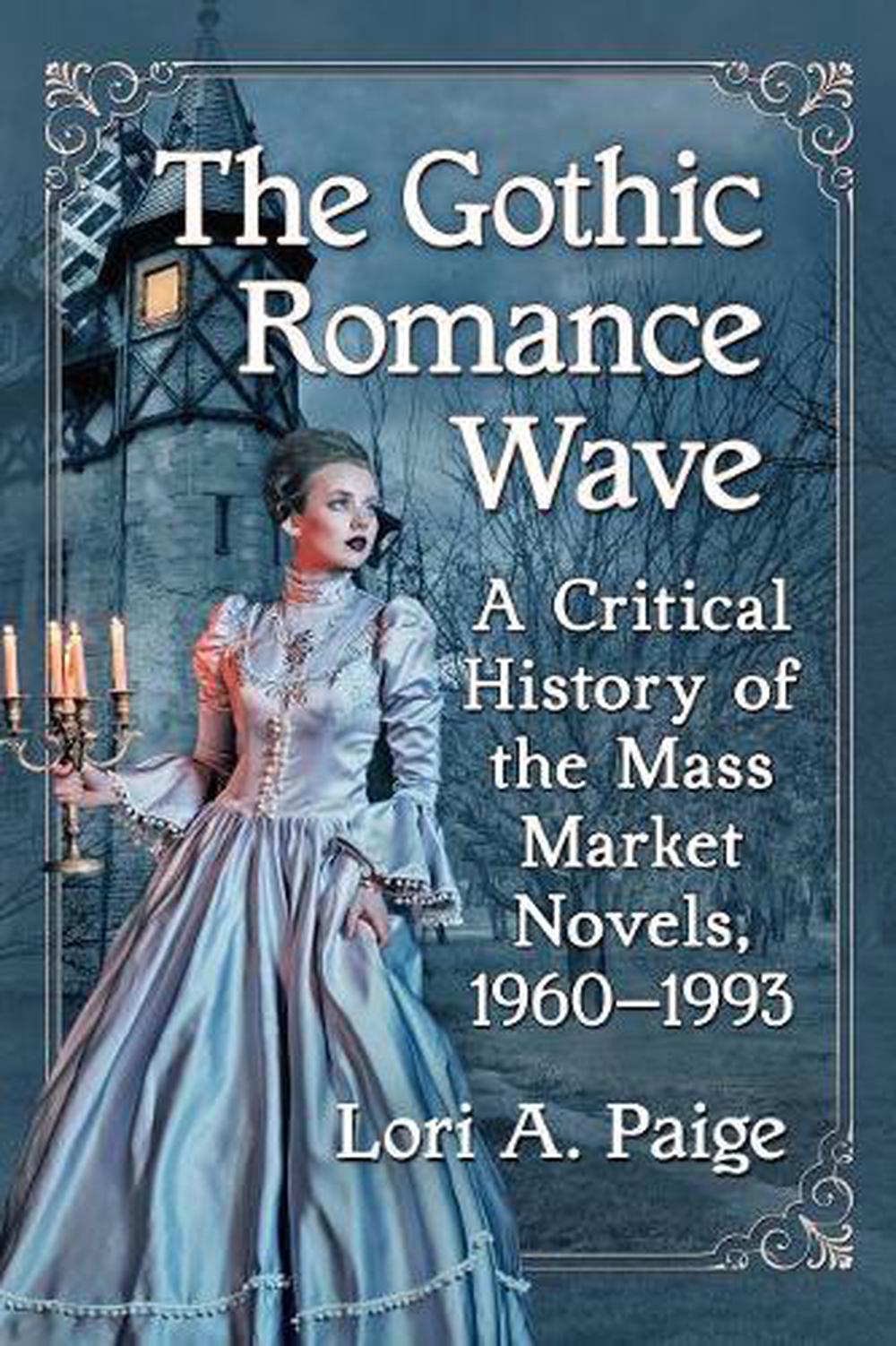
Coined by Italian artists during the Renaissance, it denoted a medieval aesthetic that they deemed barbaric (picture flying buttresses and pointy arches) and channelled, they felt, the spirit of the Goth tribes responsible for vandalising the Roman Empire's classical art in the early centuries of the Christian era. Trace that back through history, and you'll find that some of the traits that seem the most contemporary are in fact constants, there from the beginning and still every bit as versatile.Īs a stylistic descriptor, Gothic was first applied to architecture, and it was not a compliment. "The gothic is, rather, a sensation, like hunger or desire and, like hunger or desire, you may be hard-pressed to describe it, but you'll know it when you feel it." Most readers will agree with that last statement (and what a feeling it is, too – silliness and sublime terror blended with thrills and chills, seduction and revulsion), but whether or not it's a genre, a mode or, indeed, a sensation, it does have a clear lineage. The Gothic is not a genre, insisted novelist Sarah Perry, writing in The Paris Review in 2018.

At the same time, gothic's very adaptability heightens its menace – just try to contain this beast. In some respects, it's simpler to define what gothic isn’t than what it is – it isn't, for example, horror, which is visceral rather than psychological. Meanwhile, in The Deception of Harriet Fleet, Helen Scarlett (Quercus) adds feminist riffs to a Victorian narrative, Karen Coles' The Asylum (Wellbeck) draws on family history to explore mental health mistreatment, and Edwardian West Yorkshire provides a tantalisingly lonely setting for Mrs England (Manilla Press), Stacey Halls's account of control and deception.

Want a horror hybrid? Catriona Ward's twisty The Last House on Needless Street (Viper) features a missing child and a woman out for revenge.

The past oozes into the present in AJ Elwood's The Cottingley Cuckoo (Titan), based around the famous Cottingley fairy photograph hoax, while Lizzie Fry's The Coven (Sphere) imagines a world in which witchcraft is real, and a demagogue US president is out to hunt down its practitioners.įeeling pre-apocalyptic? Sue Rainsford describes the lives of twins holed up on an abandoned commune in Redder Days (Doubleday). In coming months, fans can visit a castle-turned-girls' boarding school that harbours tenebrous secrets in Phoebe Wynne's Madam (Quercus), reimagine the life of Pride and Prejudice's Miss Anne de Bourgh in Molly Greeley's The Heiress (Hodder & Stoughton), and learn about the true story of an engineer and a medium in Big Brother finalist AJ West's debut, The Spirit Engineer (Duckworth). Fear of a past that can't be exorcised? Sounds a lot like "long Covid". Claustrophobia? Try successive lockdowns spent working, learning, and socialising from home. The world seems to have grown only more uncertain in the years since, and it's certainly tough to rival the age of Covid for gothic motifs made manifest.

If the 1970s (think the oil crisis, Watergate, a spike in "skyjackings") primed readers to be receptive to such elements, it was a decade destined to be far outdone by the start of the 21st Century in terms of horror and upheaval (9/11, the global financial crisis, an intensified fear of climate apocalypse). The Gothic has always been about far more than heroines in Victorian nightgowns, trapped in labyrinthine ancestral homes, and along with the supernatural, its imaginings probe power dynamics and boundaries, delving deep into disorder and duality. It's a theme Carlos Ruiz Zafón took up several decades later: "Ours is a time with a dark heart, ripe for the noir, the gothic and the baroque", he wrote in 2010. "We live in Gothic times," declared Angela Carter back in 1974.


 0 kommentar(er)
0 kommentar(er)
